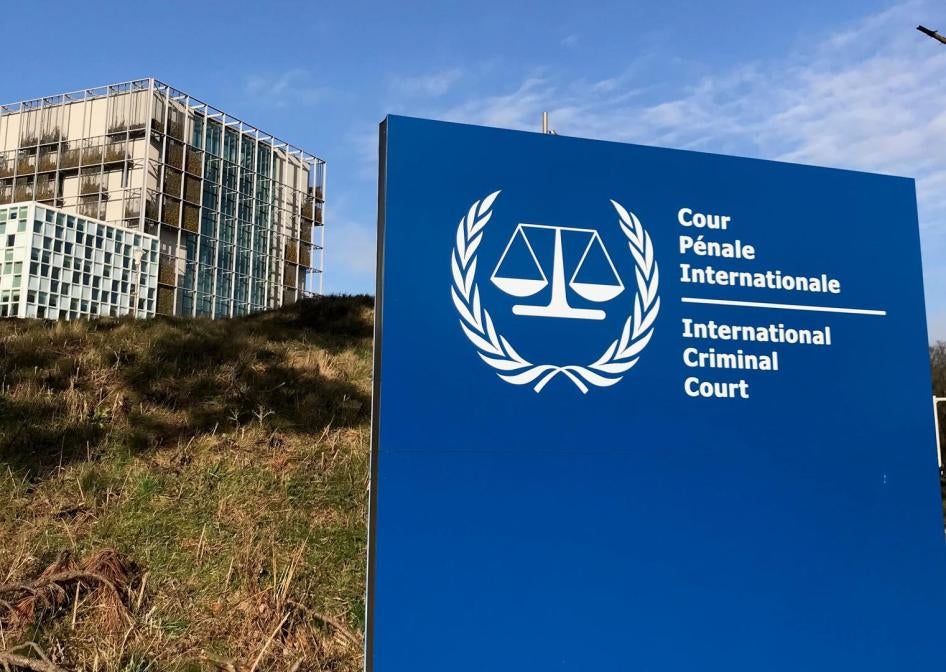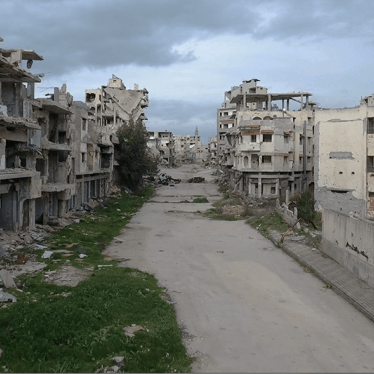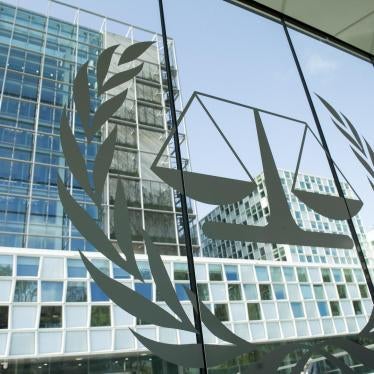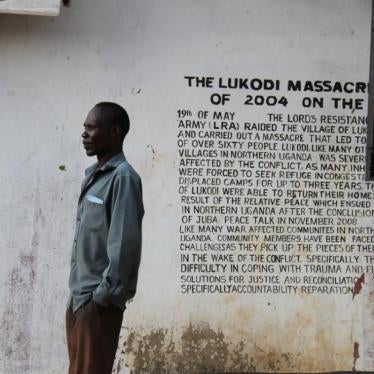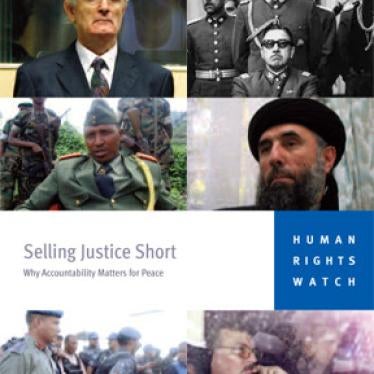It is testament to the period of global optimism in which the Rome Conference was held 20 years ago that some people wondered whether the International Criminal Court (ICC) would ever be needed. Perhaps, they hoped, the horrors of the 20th century were behind us.
Today, however, it has become clear that we need this court more than ever. In one conflict or crisis after another, we see horrific brutality inflicted. The message is urgently needed that we will never let impunity for mass atrocities become the norm.
But delivering that message in practice can be daunting. It depends in part on ICC officials themselves learning from past mistakes. That means greater efficiency. It means the prosecutor’s office strengthening investigations. It means better outreach to affected communities so the Rome Statute’s provisions on victims’ rights will be realized.
But to an even larger degree, the success of the ICC depends on the consistent and determined backing of its member states. Remember, it was the singular determination of a cadre of like-minded state officials that created the ICC. Similarly, innovative diplomacy carried the court forward even when it faced threats to derail it by the US government and self-serving calls for mass withdrawal by those who feared international justice.
As long as the court is doing its job, these threats will continue. The perpetrators of mass atrocities and the purveyors of impunity will see to that. To prevail in the face of this inevitable onslaught from the criminals and their allies, the court needs its member states to stand up for its independence and its capacity.
That’s not just a matter of diplomatic statements. The court needs very practical support. And on a daily basis, not only in times of crisis.
For example, the court needs greater resources. Efficiencies alone do not begin to provide the answer. The court simply does not have the resources it needs to conduct the faster and broader investigations that we rightly demand of it—that it needs to undertake to do its job effectively. We economize at the court’s peril if we deceive ourselves into thinking that a “zero nominal growth” budget even begins to permit the court to accomplish the agenda we all demand.
The court also needs greater assistance in making arrests. Yes, the Office of the Prosecutor could push harder on this front, but we should face reality: member states have not devoted the sustained attention that this critical issue requires. There’s a need for tough, long-term arrest strategies as well as a readiness to seize short-term opportunities that arise.
This is not the time to go wobbly on the court. As you all know, international institutions set up to protect human rights are under threat, not only from established enemies but even from ostensible friends.
So, the stakes are high. But so is the potential. Ending impunity for mass atrocities is the best way to obtain redress for yesterday’s victims and the best way to prevent the recurrence of mass atrocities tomorrow.
Moreover, the Rome Statute set up not just a single court but a system of justice. The ICC is very important in its own right, but it is also a building block in a broader effort, playing out around the world, to meet the call for justice.
It is an effort built around a vision that, at least in the realm of mass atrocities, might will no longer mean right. Rather, we can and will build a system of justice where the fundamental values of equality, dignity, and justice have a fighting chance to prevail. It is important to keep our eyes on that prize. To seize it, we need your support.
